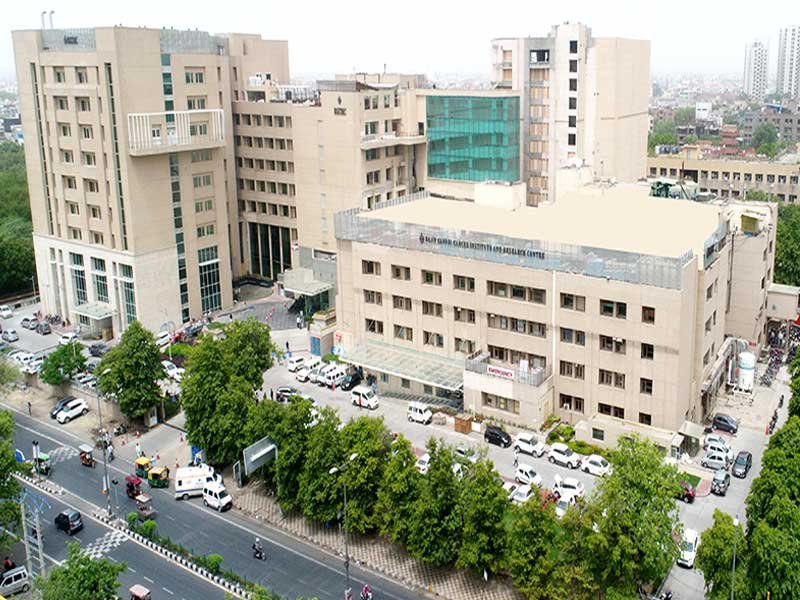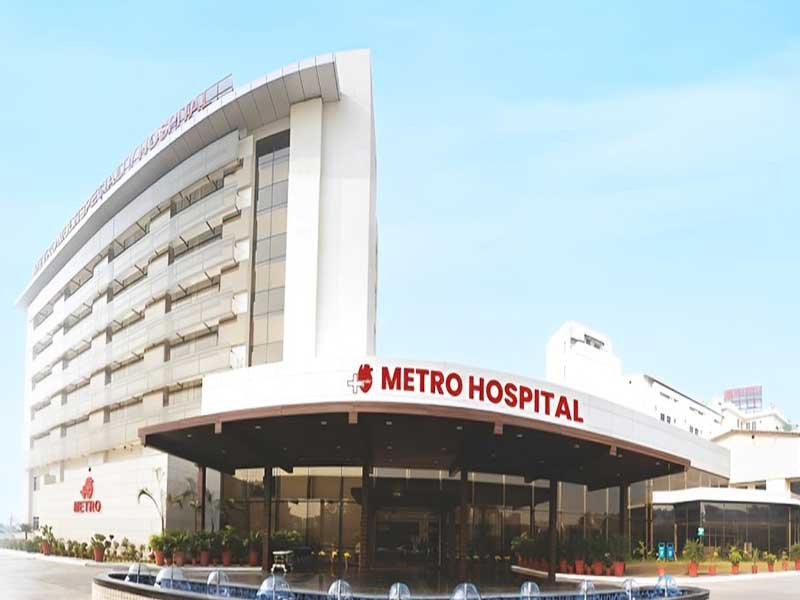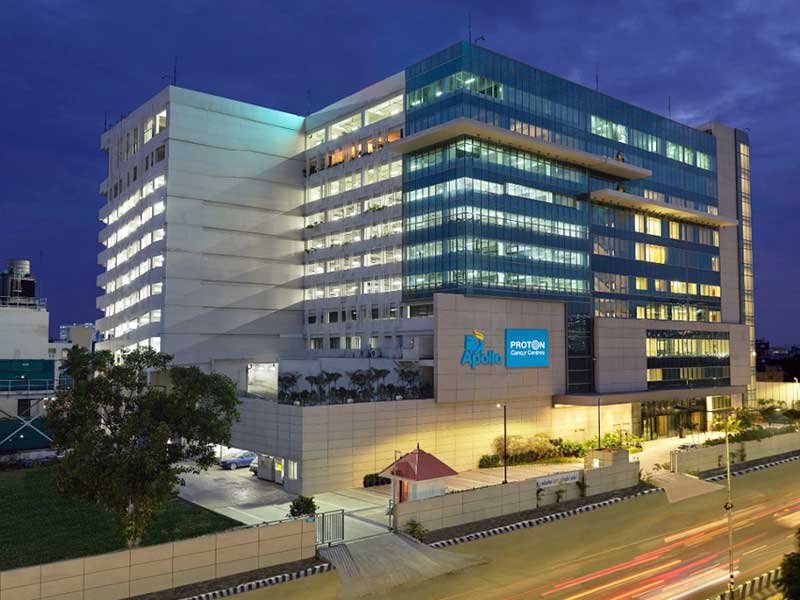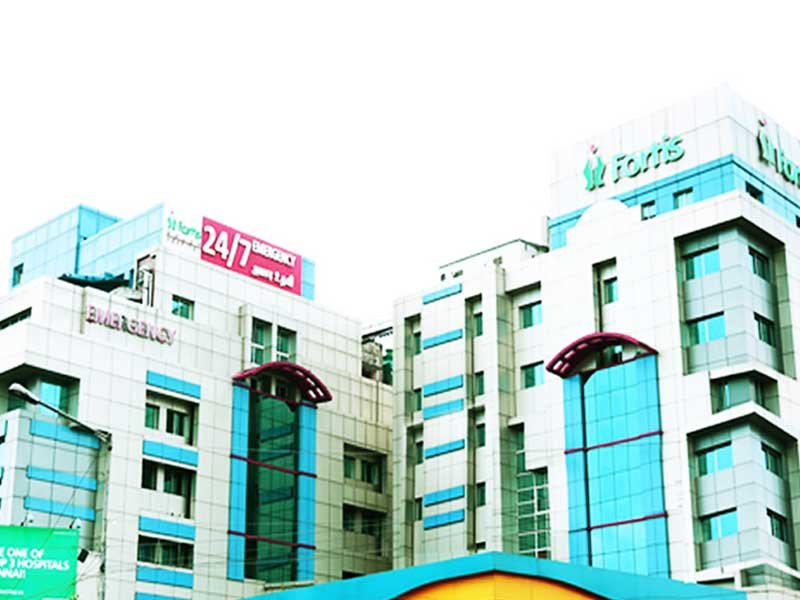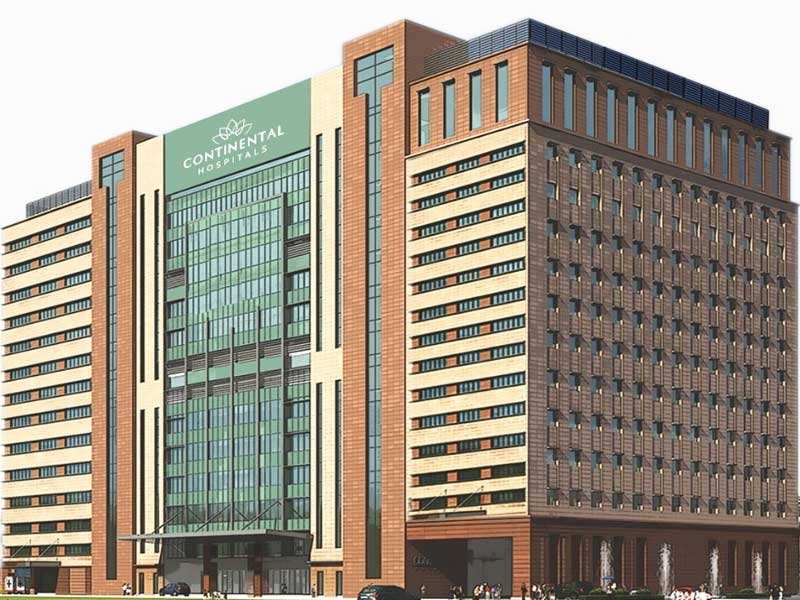What is VASCULAR SURGERY?
Vascular surgery is a subs-speciality of surgical medicine which aims at treating the diseases of the Vascular System through minimally invasive surgical procedures. The vascular system comprises of blood vessels, arteries, veins and capillaries.
Who is a vascular surgeon?
A vascular surgeon is one who has received training in the use of surgical procedures to treat various vascular disorders. The diagnosis, therapy, and general care of all vascular illnesses fall under the purview of the vascular surgeon.
COMMON VASCULAR DISEASES:
Peripheral Artery Disease: Narrowing/blockage of vessels responsible for blood flow in the limbs.
Vertebrobasilar Disease: Poor blood flow to the back area of the brain.
Renal Vascular Disease: Various conditions may occur in the artery and veins responsible for blood flow to the kidneys.
Atherosclerosis: The condition in which fats and cholesterol build up in the walls of the arteries.
TYPES OF VASCULAR SURGERIES:
Carotid Artery Surgery: The carotid arteries are responsible for delivering oxygenated blood from the heart to the brain and other parts of the head. Blockages in either or both of these arteries can cause hindrance in this process and increases the risk of strokes. To treat these blockages, Carotid Artery Surgery is performed where the plaque build-up is removed by the surgeon.
Angioplasty and Stenting: This is a minimally invasive procedure in which the surgeon uses a catheter-guided balloon to open up a narrowed artery.
Open Abdominal Surgery: This surgery is done to repair aortic aneurysms or blockages in the aorta (the artery that travels from the heart to the pelvis). In some cases, the surgeon may manually redirect the blood flow to and from the problematic area in the abdomen.
Peripheral Artery Bypass: Blockages in the arteries of the extremities, especially in the legs, are treated by Peripheral Artery Bypass. The surgeons manually re-route the blood to their designated blood vessels, hence bypassing the blocked artery. The goal of this surgery is to foster normal blood flow.
Thrombectomy: Thrombectomy is the surgical procedure to remove blood clots from arteries and veins. If not removed on time, these blood clots can develop into life-threatening diseases by travelling to the lungs or brain.
Atherectomy: This is also a minimally invasive surgery. The surgeon inserts a specialised catheter into a blocked artery to remove accumulated plaque within the blood vessels.
Vascular Bypass Surgery: Vascular Bypass Surgery is the surgical procedure to create alternate channels for blood flow. This procedure creates alternate channels for blood flow by bypassing the original damaged vessels.
Arteriovenous (AV) Fistula: In this procedure, the surgeon connects veins in the forearm directly to an artery. This surgery helps in making the vein stronger and wider in dimension. It is generally done on individuals who have kidney failure and need dialysis on a regular basis.
What time should I visit a vascular surgeon?
If you have a problem that keeps your blood vessels from functioning properly, you should consult a vascular surgeon. All of your organs receive constant blood flow thanks to healthy blood vessels. Your entire body may suffer from blood vessel damage to one or more of them. Due to their crucial role in determining the cause of the issue and resolving it, vascular surgeons are essential.
How to prepare for vascular surgery?
You won't be allowed to eat or drink after midnight the night before surgery if you are having endovascular procedures. This is due to the fact that the likelihood of experiencing nausea and vomiting in reaction to anesthesia is increased by the presence of food and drink in the stomach.
What to expect during surgery?
A vascular bypass or blood vessel repair is carried out through an incision in traditional vascular surgery. With endovascular procedures, the blood vessels are mended from the inside by the surgeon using a balloon or stent that is introduced by a catheter and inserted through a very small incision.
Conclusion:
Arterial surgery is frequently required, involves a variety of arterial beds, and frequently occurs in an unforeseen circumstance. When required, vascular surgical services efficiently help nonvascular procedures—even those involving large intraoperative blood loss—be completed.
Show Less











